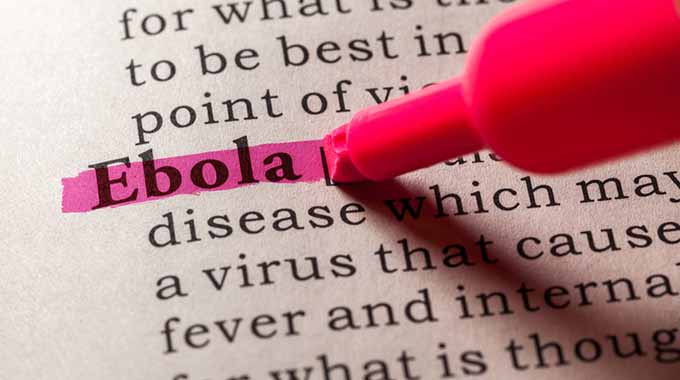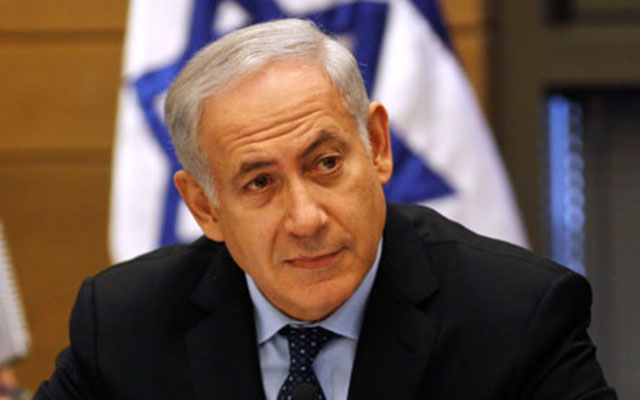WHO chief calls for end to fighting in Congo to halt Ebola spread

GENEVA. – The director general of the World Health Organisation has appealed for an end to fighting in the north-east Democratic Republic of the Congo to allow humanitarian groups to tackle the Ebola outbreak there.
On his return from a trip to North Kivu where there have been 57 probable cases and 41 deaths so far, a sombre Dr Tedros Adhanom Ghebreyesus said he was “actually more worried after the visit than before the visit”.
He spoke as the DRC’s health ministry confirmed the outbreak had spread into the neighbouring northern province of Ituri. A man who was treated for heart problems in Mangina, where the main health centre for North Kivu is located, died on return to his home in Ituri and was confirmed to have had Ebola.
The outbreak in the north-east, which is riven by fighting between more than 100 armed groups, with no-go “red zone” areas, will be hard to tackle, said Tedros. The numbers affected have already surpassed the earlier outbreak in Équateur province, which ended after 53 cases and 29 deaths.
“We call on the warring parties for a cessation of hostilities because the virus is dangerous to all. It doesn’t choose between this group and that group,” he said.
The conflict will prevent healthcare workers getting to sick people who need treatment and isolation, and will hamper the tracing of contacts who need to be offered vaccination. Other concerns include a high population density, which makes it easier for the virus to spread, and population movement across the nearby border with Uganda, he said.
“These are additional factors conducive to the transmission of Ebola,” said Tedros.
In the Mangina health centre, seven health workers have been infected and the rest of the staff of around 75 have been sent home because of the risk that they may have it too. They have been replaced by a new team of health workers, the first to be given the new, still experimental, vaccine.
Women and children appear to be significantly more likely to fall ill in this outbreak than men, “which is very different from the previous experience”, said Tedros. He suggested this might be because women were the carers of those who fall ill, while their children are dependent on them, “but we have to explore that further. There could be other traditional or cultural factors that cause this.”
Five experimental drugs have been flown in, as well as the vaccine. One of the drugs is mAb114 therapy, isolated from a survivor of an Ebola outbreak in 1995.
More than 216 health workers have been vaccinated so far. Vaccinators from Guinea, where the vaccine was successfully trialled during the west Africa outbreak of 2014 and 2015, have been brought in. They will attempt to implement “ring” vaccination, as in Guinea, offering vaccination to all the family, friends and other contacts of anybody who falls ill. There are 3,000 vaccine doses on the ground now but Tedros said they could move 300,000 in at short notice.
The UN peacekeeping force in the region, Monusco, is heavily involved in the outbreak response, making 40 trucks available and putting in place an airbridge between Kinshasa and North Kivu.
Tedros appealed to the international community to make funds available quickly to tackle the outbreak and thanked the Bill and Melinda Gates Foundation, the US government, China, the EU, Japan and the UK, who have all pledged support. – The Guardian UK









Comments